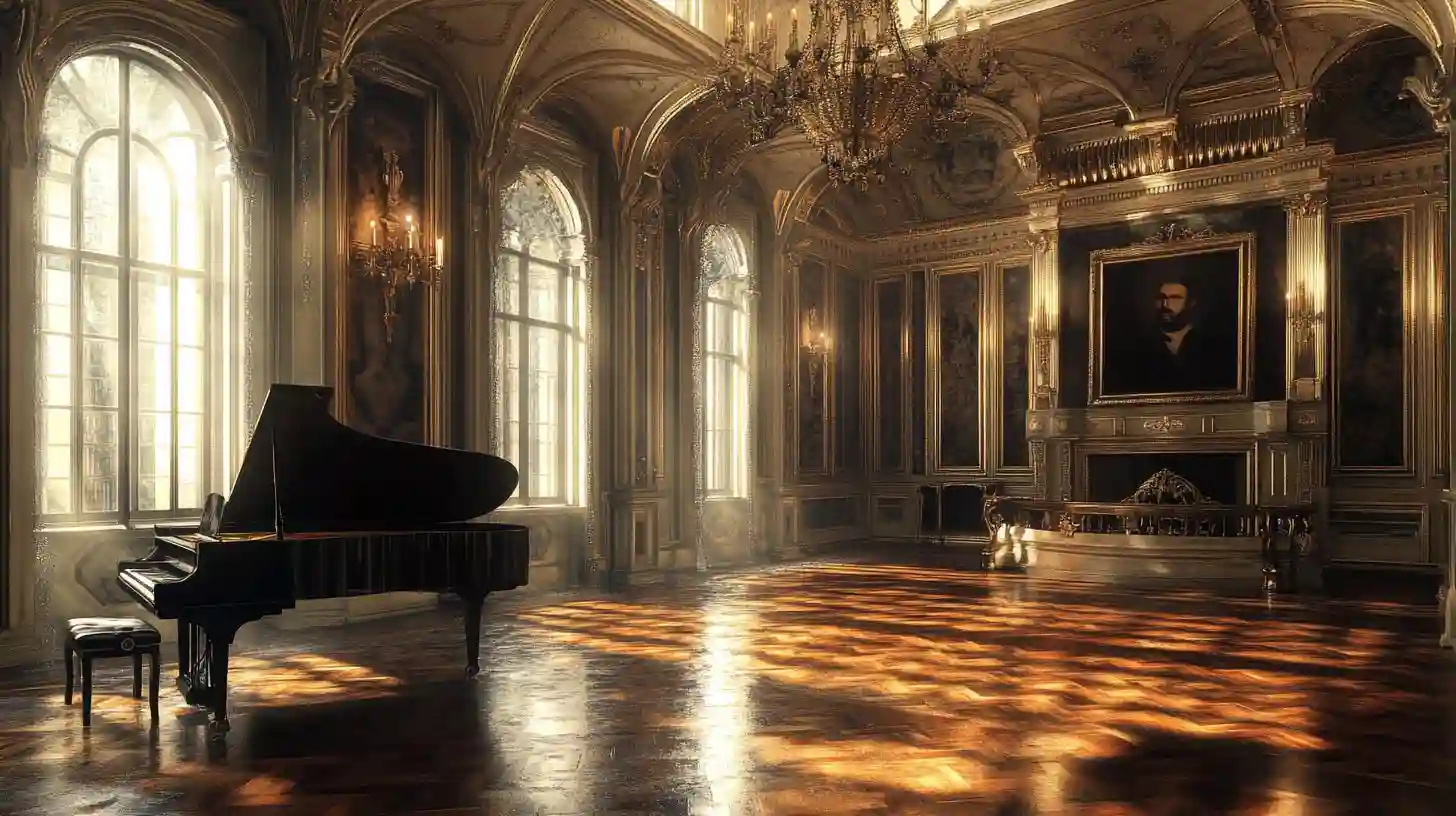
Classical music holds a unique and lasting charm that continues to resonate with many individuals, leading them to favor it over contemporary genres. The richness of its history, complexity, and emotional resonance all contribute to its enduring appeal. Unlike much of today’s music, which often emphasizes catchy hooks and rhythmic beats, classical compositions demand a deeper engagement. This immersion can evoke a wide range of emotions, allowing listeners to experience the music on a more profound level.
One of the most compelling aspects of classical music is its intricate structure and composition. The works of renowned composers such as Bach, Beethoven, and Mozart showcase elaborate harmonies, counterpoints, and orchestrations. These elements require concentrated listening to fully appreciate their depth and diversity. Contemporary music, while enjoyable and accessible, often follows more formulaic structures, relying on repetitive choruses and predictable patterns. This distinct contrast can make classical music a refreshing alternative for those seeking complexity and innovation in their auditory experiences.
The emotional spectrum offered by classical music is another reason for its preference among certain audiences. Each movement within a symphony or concerto can convey a myriad of feelings, from joy and triumph to sorrow and introspection. The absence of lyrics allows listeners to project their own experiences and emotions onto the music, creating a deeply personal connection. Melodies and harmonies in classical compositions can resonate in ways that contemporary music may not, allowing for a more profound exploration of the human condition.
Moreover, classical music often carries a sense of cultural and historical weight that contemporary genres may lack. Many pieces were created during significant periods in history and can serve as a lens through which to view the societal values and struggles of those times. The study of these compositions can reveal insights into the artistic, political, and social currents of the past. For enthusiasts, experiencing classical music can be akin to engaging with a living history, where each note reflects the ideals and emotions of an era long gone.
In addition, the performance aspect of classical music possesses an allure that is distinct from contemporary performances. Attending a live symphony or chamber music concert allows one to witness the dedication and skill of musicians as they interpret compositions with precision and passion. The elaborate choreography of orchestras, with each section harmonizing to create a cohesive sound, captivates audiences in a way that individual pop artists or contemporary groups may not replicate. The ambiance of concert halls, with their unique acoustics and the collective energy of the audience, further elevates the experience beyond mere listening.
Another factor contributing to the preference for classical music is its association with relaxation and intellectual engagement. Many individuals turn to classical melodies as a means of finding solace amid the chaos of modern life. The soothing qualities of composers such as Debussy or Satie can create an atmosphere conducive to reflection, concentration, and even meditation. Research indicates that classical music can enhance cognitive function and creativity, further solidifying its place in the routines of those who seek mental clarity or inspiration.
The timelessness of classical works also speaks to their lasting power. Many classical pieces have transcended generations and cultural shifts, remaining relevant and celebrated in various contexts. They are often repurposed in film scores, advertisements, and other media, introducing new audiences to their beauty. This cultural permeation aids in keeping classical music alive in contemporary society, allowing it to reach individuals who may not seek it out organically. The familiarity with certain compositions can also create a bridge for listeners, encouraging them to explore the broader classical repertoire.
Finally, personal experiences and memories tied to classical music can solidify its preference. For many, these tunes are linked with significant life events, such as weddings, graduations, or moments of personal reflection. The nostalgia evoked by these associations can imbue classical music with layers of sentimentality that contemporary tracks may not capture in the same way.
The multi-faceted appeal of classical music lies in its ability to engage, challenge, and comfort listeners. Its complex compositions, emotive depth, cultural significance, and rich performance tradition all contribute to a preference that stands strong against the tides of contemporary trends. In a world of rapid changes and fleeting distractions, classical music offers both an escape and a deeper connection to the enduring aspects of humanity's artistic expression. For those who appreciate it, classical music remains a timeless companion that transcends the boundaries of time and genre.